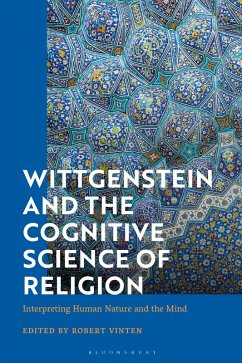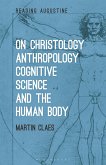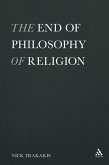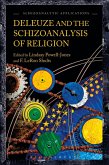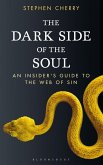Advancing our understanding of one of the most influential 20th-century philosophers, Robert Vinten brings together an international line up of scholars to consider the relevance of Ludwig Wittgenstein's ideas to the cognitive science of religion. Wittgenstein's claims ranged from the rejection of the idea that psychology is a 'young science' in comparison to physics to challenges to scientistic and intellectualist accounts of religion in the work of past anthropologists.
Chapters explore whether these remarks about psychology and religion undermine the frameworks and practices of cognitive scientists of religion. Employing philosophical tools as well as drawing on case studies, contributions not only illuminate psychological experiments, anthropological observations and neurophysiological research relevant to understanding religious phenomena, they allow cognitive scientists to either heed or clarify their position in relation to Wittgenstein's objections. By developing and responding to his criticisms, Wittgenstein and the Cognitive Science of Religion offers novel perspectives on his philosophy in relation to religion, human nature, and the mind.
Chapters explore whether these remarks about psychology and religion undermine the frameworks and practices of cognitive scientists of religion. Employing philosophical tools as well as drawing on case studies, contributions not only illuminate psychological experiments, anthropological observations and neurophysiological research relevant to understanding religious phenomena, they allow cognitive scientists to either heed or clarify their position in relation to Wittgenstein's objections. By developing and responding to his criticisms, Wittgenstein and the Cognitive Science of Religion offers novel perspectives on his philosophy in relation to religion, human nature, and the mind.

